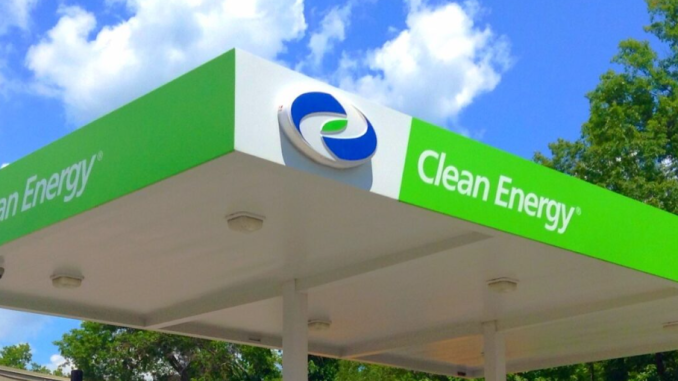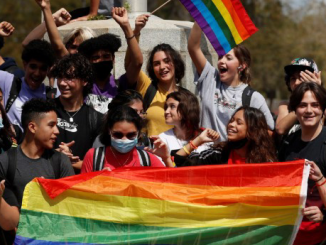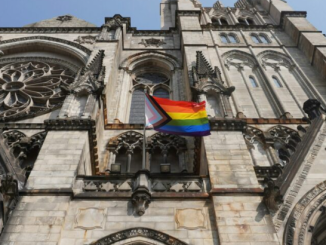
Some 60 percent of youth attend college after high school, some of them destined for leadership roles. Unfortunately, the things they’re taught aren’t grounded in reality, which ends up creating adverse consequences years down the line.
The National Center for Energy Analytics (which I have the honor of overseeing as part of my work at the Texas Public Policy Foundation) recently released a study on the instruction of collegiate energy courses illustrating this point.
{snip}
If “energy is needed for every activity, product, service, business, and even every means of exchange,” then how professors teach students about energy matters. At first glance, the AI-driven study’s results were rather reassuring. Among five categories of departments — Law/Public Policy, Engineering, Business/Economics, Art & Sciences, and Other — 42 percent of classes depended on economics, while only 15 percent focused on climate, 8 percent on renewables, 4 percent on policy, 3 percent on fossil fuels, and the remaining 27 percent were non-classified (Other). This appears rather benign.
The study analyzed course curricula by using semantic clustering on extracted keywords related to energy or climate. Each course was classified as either “’climate-focused’ (oriented toward solving climate problems and lowering carbon emissions) or ‘climate agnostic’ (focusing on understanding energy systems, policy, markets, or technologies more broadly) based on the prevalence of the terms.” This analysis revealed a problematic tilt: 71 percent of courses were climate-focused while 29 percent were climate-agnostic.
{snip}
As Mark P. Mills notes in the survey, “not only does climate change dominate, but when it comes to energy technologies mentioned, nothing related to fossil fuels shows up in a list of the top 10 technologies across all courses. Meanwhile, the reality, one that has changed by only a tiny fraction over the past two decades, is that fossil fuels supply over 80% of global energy.”
That will remain so for decades. Mills further cautions, “Ignoring the extant realities of energy will render students unprepared for making sensible decisions, whether in the public or private sector. A sound grounding in the realities of the present is needed to prepare for the future.”
{snip}
Higher Education At Large
It should come as no surprise that corporate America and the academic community remain hidebound to an appealing myth: that renewables can power the future, and they should do what they can to accelerate that inevitability.
{snip}
Apropos, in a recent New York Times article, a University of Pennsylvania philosophy professor — a self-described “progressive” — argued against viewpoint diversity on campus. She warned, unironically it turns out, that “professors hired for their political beliefs” would experience “pressure to maintain those views” to keep their jobs. Oh, you mean like it is today, where some 99 percent of professors in the liberal arts are Democrats?
New institutions must be raised. At the very least, reforming current vocational education is vital to rebuilding American dominance.


